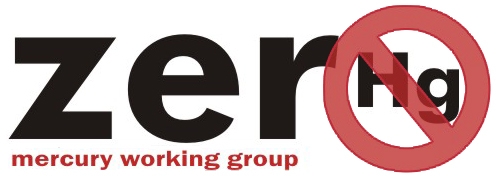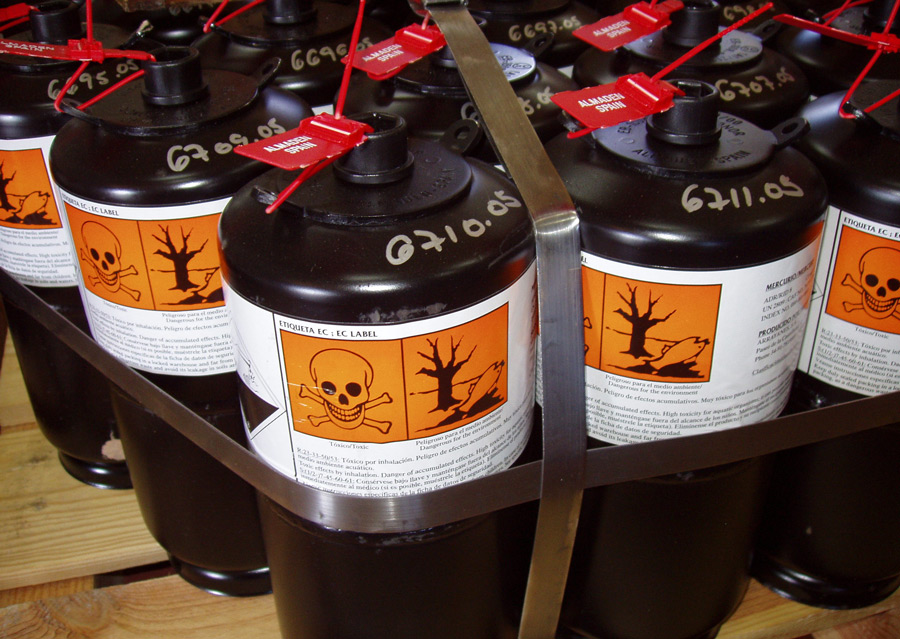The Zero Mercury Working Group (ZMWG) is an international coalition of more than 110 public interest environmental and health non-governmental organizations from over 55 countries from around the world formed in 2005 by the European Environmental Bureau and the Mercury Policy Project. ZMWG strives for zero supply, demand, and emissions of mercury from all anthropogenic sources, with the goal of reducing mercury in the global environment to a minimum. Our mission is to advocate and support the adoption and implementation of a legally binding instrument which contains mandatory obligations to eliminate where feasible, and otherwise minimize, the global supply and trade of mercury, the global demand for mercury, anthropogenic releases of mercury to the environment, and human and wildlife exposure to mercury.
The Zero Mercury Working Group was born out of the Zero Mercury Campaign project having as its ultimate objective ‘Zero’ emissions, demand and supply of mercury, from all sources we can control, in view of reducing to a minimum, mercury in the environment at EU level and globally. The project started in November 2004, by the European Environmental Bureau (EEB) in collaboration with the Mercury Policy Project . Details on the project can be found here.
More than 110 public interest environmental and health non-governmental organizations from over 55 countries.
About Mercury
Mercury and its compounds are highly toxic to humans, especially to the developing nervous system. They are also harmful to ecosystems and wildlife populations. Microbial metabolism of deposited mercury can create methylmercury, which has the capacity to collect in organisms (bioaccumulate) and to concentrate up food chains (biomagnify), especially in the aquatic food chain. Methylmercury is a well documented neurotoxicant, which may in particular cause adverse effects on the developing brain. It readily passes both the placental barrier and the blood-brain barrier, therefore, exposures during pregnancy are of highest concern. It may also cause adverse effects on the cardiovascular system, thereby leading to increased mortality. Methylmercury compounds are considered possible carcinogenic to humans according to the International Agency for Research on Cancer. Furthermore, inhalation of elemental mercury vapour includes symptoms such as tremors, insomnia, memory loss, neuromuscular changes, and headaches. Kidney and thyroid may be affected.









